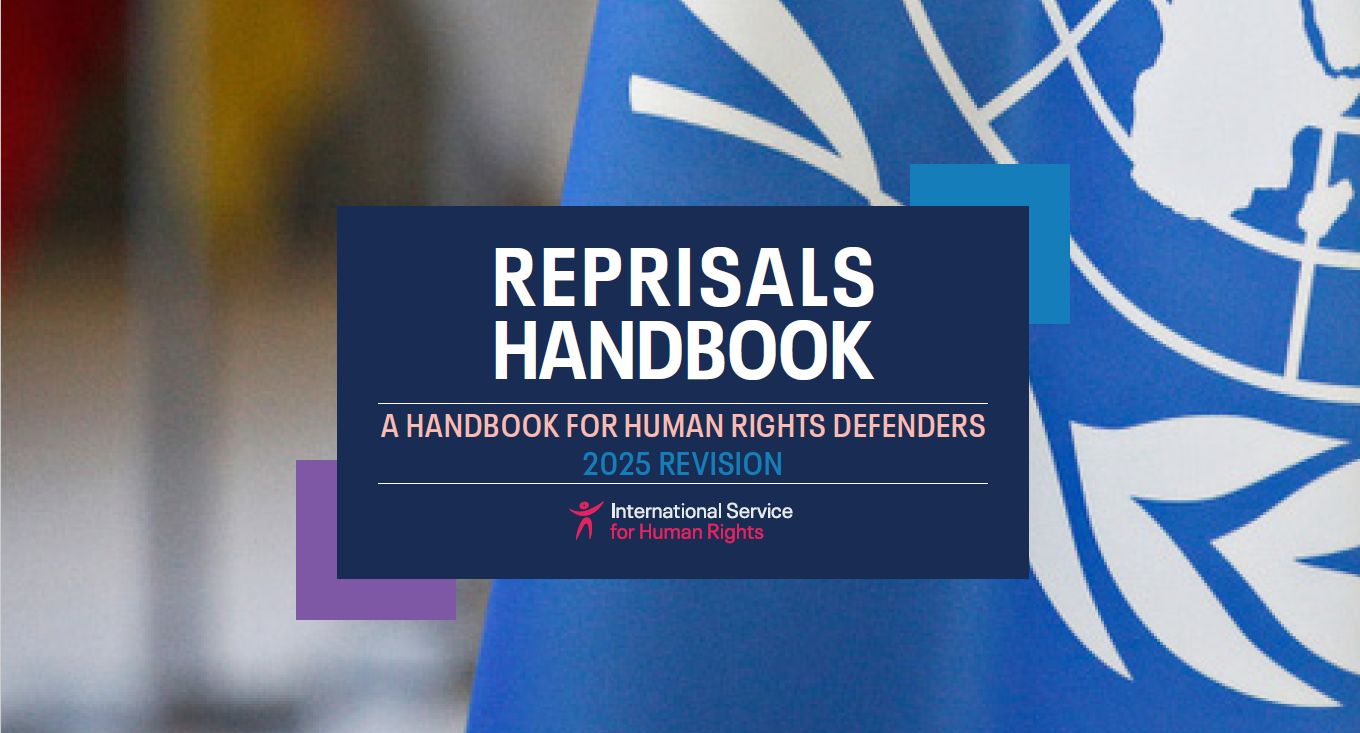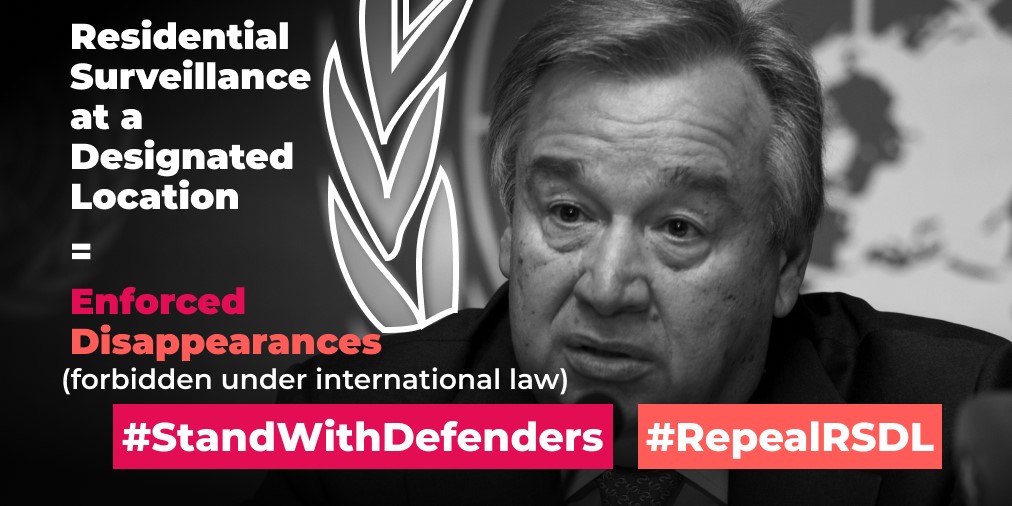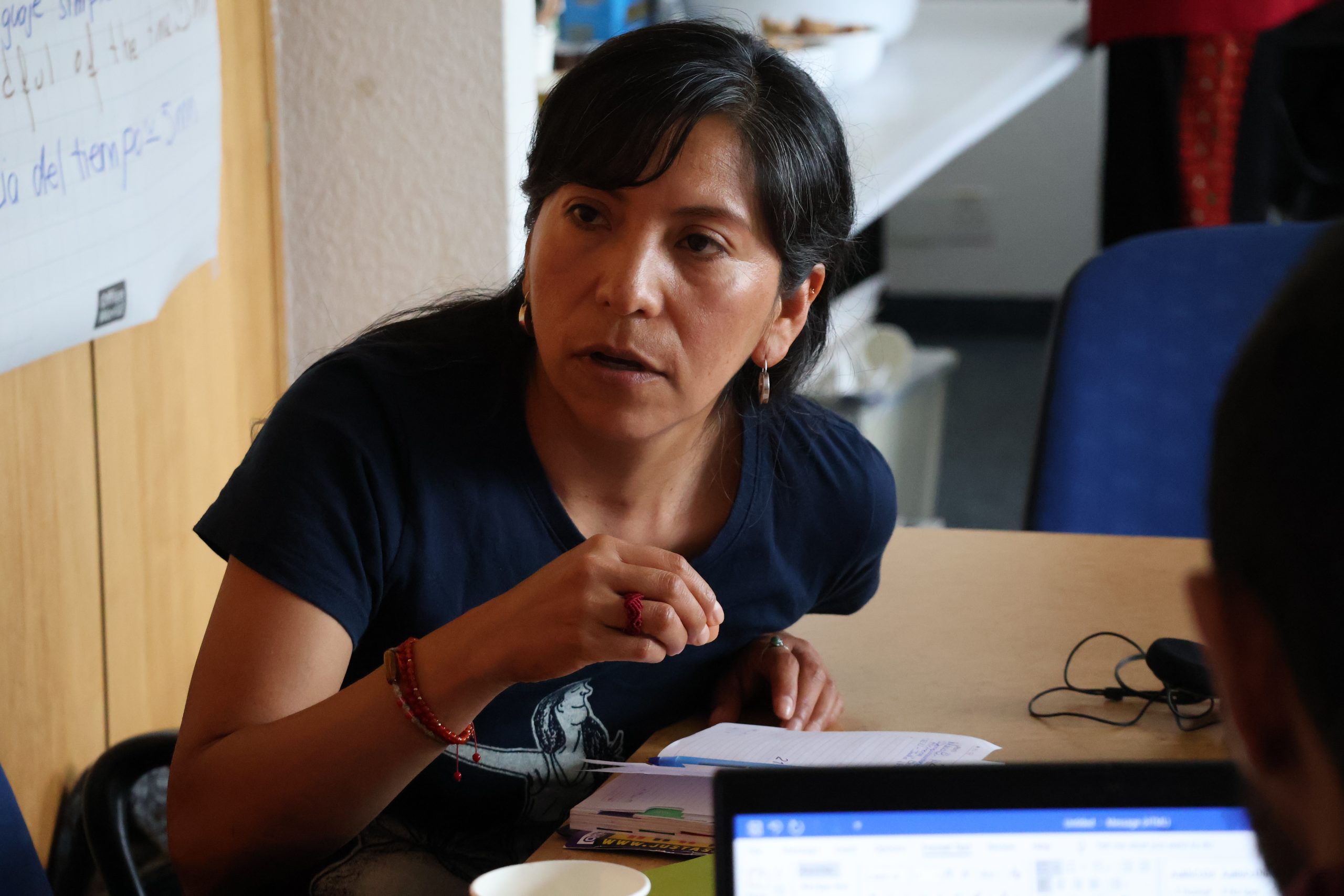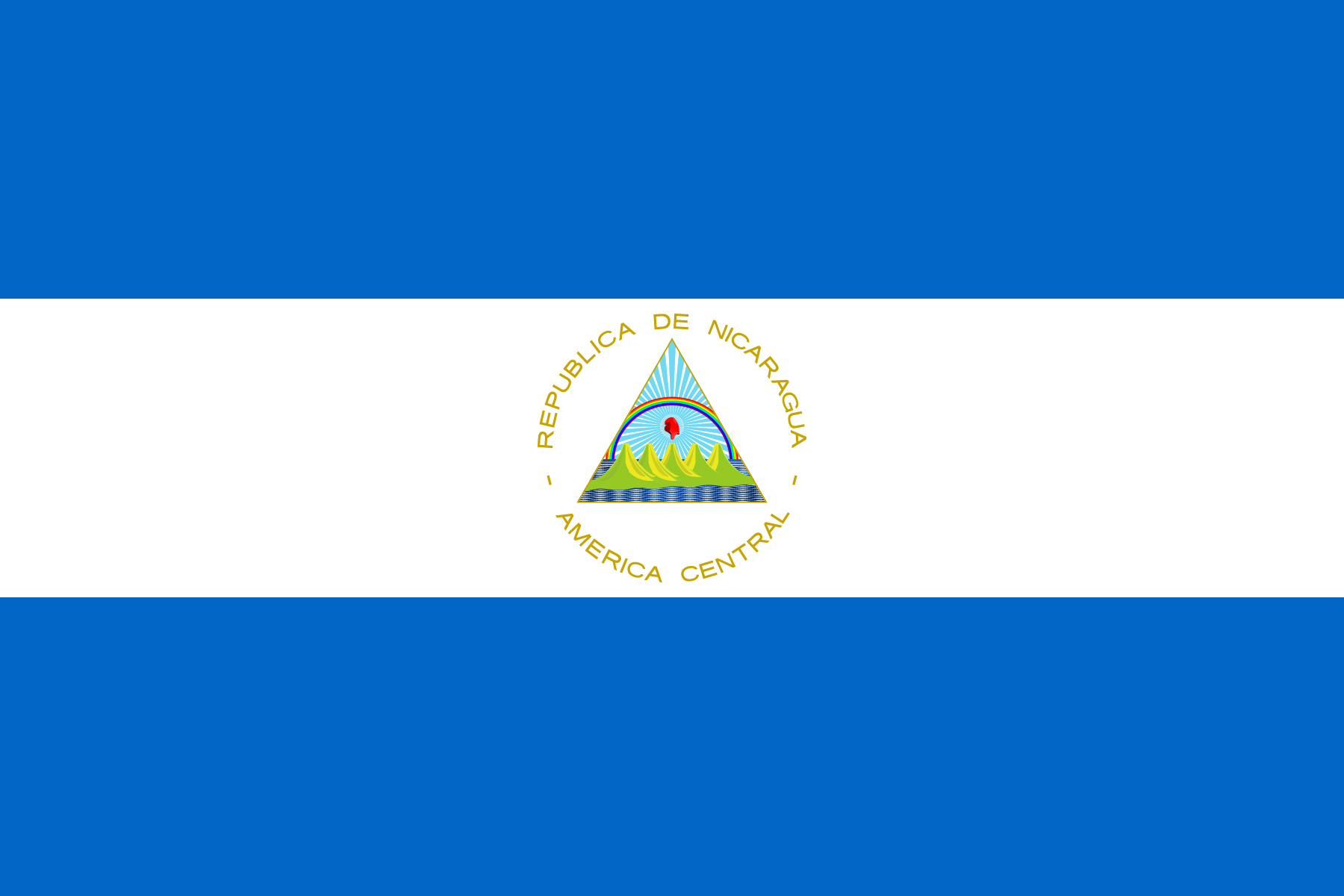- The origin of RSDL
There was no criminal procedure law in mainland China before 1979, which is a very abnormal phenomenon in itself. Since 1979, the new Criminal Procedure Law has stipulated that defendants and suspects could be subject to residential surveillance. The Criminal Procedure Law was amended in 1996, 2012, and 2018.
The purpose of residential surveillance was originally thought for those suspects who are not suitable for detention. Its restrictions on personal freedom are stricter than release on bail pending trial and lighter than detention and arrest. When it was revised in 2012, a clause was added after the one on ‘residential surveillance’ stipulating that the case-handling agency could designate a place for residential surveillance, which means that the public security organ could arbitrarily designate a place to restrict a person’s personal freedom. Moreover, the interpretation of this clause bears great legal uncertainty, and the police can usually interpret it freely and maliciously.
- Application of RSDL
The 2012 Criminal Procedure Law stipulates that residential surveillance shall be performed at the residence of the criminal suspect or defendant; if there is no fixed residence, it may be performed at a ‘designated location’. For suspected crimes of endangering national security, terrorist activities, or particularly major bribery crimes, where execution at the residence may hinder the investigation, the execution may also be performed at a designated location with the approval of the People’s Procuratorate or higher-ranking public security organ. However, the execution shall not be carried out in places of detention or ‘case-handling’ places. In the case of RSDL, the family members of the person under RSDL shall be notified within 24 hours after the implementation of RSDL, ‘except for those who cannot be notified.’
After the reform of the National Supervision Commission (NSC) in 2018, jurisdiction over cases of corruption and bribery has been transferred to the NSC, through system similar to RSDL called ‘liuzhi’ (留置). Its nature is the same as that of the previous ‘shuanggui’ (双规), and both are coercive measures that are intended to extort confessions under torture.
According to judicial practice in the past few years, RSDL not only targets the so-called ‘endangering national security’ crimes, but also ordinary criminal crimes. During the ‘Special campaign of crackdown operations against gang crimes’ carried out over the past three years, some entrepreneurs and parties have been placed under RSDL and subjected to torture to extract confessions.
- How detention under RSDL looks in practice
Locations used to hold individuals under RSDL generally include hotels, local Party schools and administrative colleges, various training bases, farmhouses etc. The case-handling agencies have renovated some of the facilities in the above-mentioned places and put them into use after adding some protective measures. From a rule of law perspective, these places are all illegal. They are located either in a quiet area or in a slightly remote urban-rural border, making it difficult for outsiders to enter except for the case-handling agency and its staff. When many individuals came out of RSDL, they didn’t even know where the location they were held at was, because they were wearing black hoods the whole time, and were escorted by the police when they went in and out.
There are two types of guards in RSDL: the police and the armed police (the People’s Armed Police). Some places are guarded by armed police. The armed police monitors the victims through police officers and video throughout the whole RSDL process. After the case-handling police takes over, the armed police withdraws and turn off the closed-circuit surveillance. The police are responsible for subsequent responsibilities. After the police interrogation is over, the victims will go through a physical examination and be handed over to the armed police. These inspections are often highly humiliating, and include squatting naked and examining private parts such as the anus, for the alleged purpose of preventing the carrying of prohibited items. Some places are entirely under the responsibility of the police, and after the sequence reform of the People’s Armed police, it is possible that most of these places will be handled by the case-handling agencies.
The maximum duration of RSDL is six months. I have learned about the situation of a number of individuals who have been subject to RSDL: they all believe that life is no better than death during RSDL. This kind of torture is different from beating, which is generally considered to be a ‘softer killing.’ Most torture methods challenge the limits of sanity, and include restrictions on personal behaviour, dietary restrictions, sleep deprivation, psychological torture, etc.
One of them recounted that after he was placed under RSDL, the police told him directly ‘tell us everything you know. If you don’t tell us, you will speak in no more than two weeks. Or even in two days.’ Normally, there would have been no problem answering legitimate interrogations: but what is sought is that the victim answers questions according to what the police wants and needs to hear. This is the purpose of RSDL.
This person revealed that during the first five days of his detention, handcuffs were not removed. During the day, he was asked to sit on a mattress about a dozen centimeters high, to put his hands around his knees, and to face the wall for about a dozen hours. One could try it according to his description, and realise it is a highly uncomfortable position, an equivalent to being crouched down with tucked knees.
The police would not interrogate him during the day; instead, they deliberately waited until about 9 o’clock in the evening to start the interrogation, which lasted three to four hours, before another group of police officers took over the interrogation until 4 o’clock in the morning. They would only let him sleep for two hours, then forced him to wake up and to continue squatting. When he was sleeping, the room was as bright as day, and the two hands could not be placed under the quilt, but had to be placed outside, resulting in cold hands and a longer-term impairment. The length of the quilt couldn’t cover the feet, it would only cover the part above the knee: he thought it was specially designed for that purpose. He said that if he snored, he would be woken up and not allowed to enter a deep sleep, so that he would remain half-awake during the two hours of sleep. After two or three days, he would have an intense headache.
After five days, he gave in completely. Every meal he ate consistent of only one steamed bread, – once reduced to half – , with little green vegetables. He would be allowed to drink 1,2 liters of water per day – once reduced to 400 ml only.
It was a very painful process for him to go to the toilet. First of all, he had to make a report. Upon agreement, he was put on a black hood, then put on a helmet, and escorted by two policemen, one in front and one behind. When he would get to the squatting pit, he could not take off the helmet and could only obey to the police. He groped for the position with the indications of the policemen . After using the toilet, he wouldn’t even be allowed to wash his hands. He was then immediately taken back to the guard room, only to continue to tuck his knees and squat down.
He would not take a bath for two weeks, his body stank. Even the police investigating the case couldn’t stand the smell. Every time he was questioned, the police had to open the room and blow the fan, but even so, he was not allowed to take a shower, unless he gave in or made a confession that satisfied the police. This would slightly ameliorate his conditions of detention, such as the possibility for more steamed bread and drinking water. During RSDL, he was not allowed to see a doctor, despite very serious problems in his cervical and lumbar spine. In response, the police directly told him that he ‘wouldn’t die anyway.’ As for the possibility to read books, newspapers, or to leave the room, it was even more delusional. Later, I also learned about a more terrifying method of torture: some victims considered to have ‘terrorist’ or ‘ethnic separatist’ tendencies were severely beaten, locked up, and insulted on their faith.
There is no external supervision at all in RSDL locations: torture and human rights violations are widespread. In order to obtain a so-called confession, the police will use various forms of threats and pressure on the victim, such as threatening that their spouse would be unemployed, or that their underage children’s schooling, or even personal liberty, would be at risk. During the period of RSDL, lawyer Yu Wensheng for instance suffered physical threats about his wife and children: he quickly broke down.
RSDL is undoubtedly a form of enforced disappearance, as well as arbitrary detention. It has no legality and runs counter to international conventions, it should be abolished. In the exercise of justice in China, RSDL has been abused, leading to serious torture and other grave human rights violations. The international community should pay great attention to this.
Join our campaign to repeal RSDL!
The author of this essay is a Chinese lawyer whose identity can not be revealed here for security reasons.




